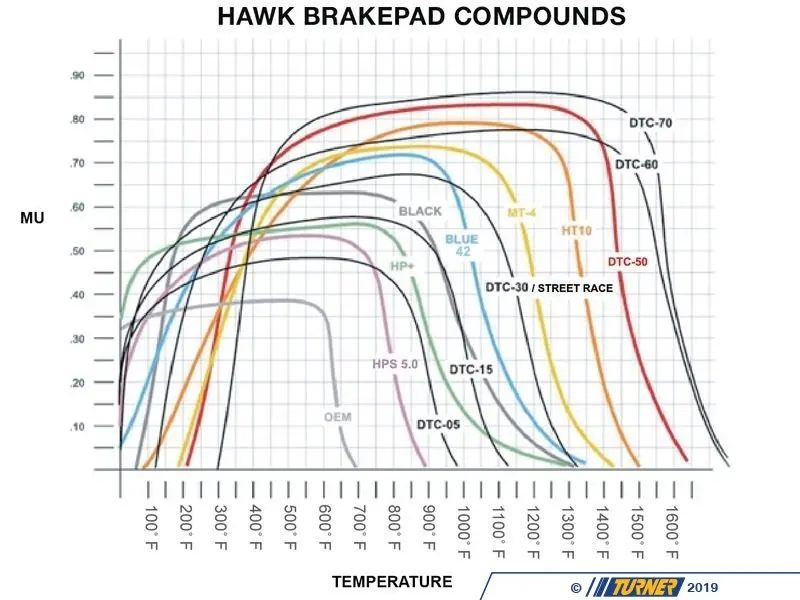Hey guys,
Regarding a subject beaten to death and beyond: brake pads; for spirited driving, don`t think I`ll be hitting the track. Model 3 Perf.
1. Ferodo DS2500 (400 USD)
2. Unplugged Street & Track (600 USD)
3. Endless MX72 (800 USD)
Any experience with any of these? Wouldn`t sacrifice performance to spare some bucks, but neither to throw money out the window.
I am leaning towards the Unplugged ones (because of this review: Unplugged Performance's new PFC bake pads.), seem like a less noisy version of XP8 which means they are great? I know Endless are top notch but price is a bit steep, Ferodo are very popular but I don`t know how well they would hold up with a car this heavy.
Regarding a subject beaten to death and beyond: brake pads; for spirited driving, don`t think I`ll be hitting the track. Model 3 Perf.
1. Ferodo DS2500 (400 USD)
2. Unplugged Street & Track (600 USD)
3. Endless MX72 (800 USD)
Any experience with any of these? Wouldn`t sacrifice performance to spare some bucks, but neither to throw money out the window.
I am leaning towards the Unplugged ones (because of this review: Unplugged Performance's new PFC bake pads.), seem like a less noisy version of XP8 which means they are great? I know Endless are top notch but price is a bit steep, Ferodo are very popular but I don`t know how well they would hold up with a car this heavy.



